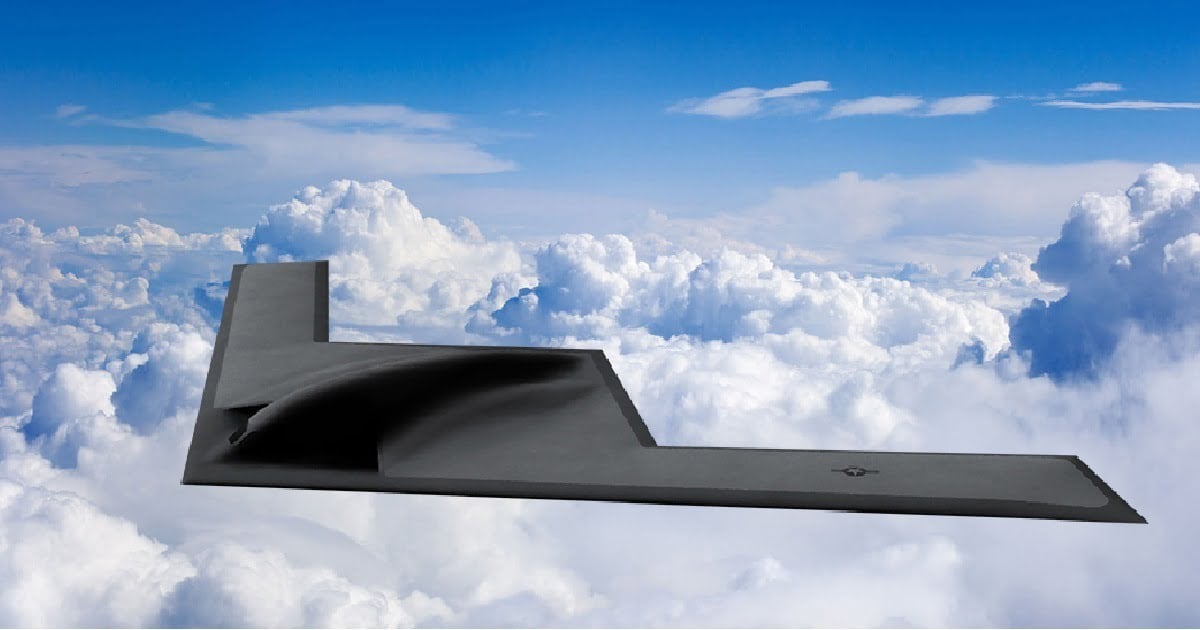Sometime during the next 10 months there will be a federal election. I am your genuine swinging voter not beholden to any political party so I usually spend the lead up to any federal election looking at the policies put forward by various political parties. The last Federal Election was a close affair with the Coalition Liberal/Nationals ending up with a three seat majority.
It is not completely beyond the realms of possibility that one or more minor political parties could end up holding the balance of power.
So what would the Australian Democrats do if they somehow found themselves in a position of power?
For those not familiar with the Australian Democrats they were a little bit relevant about 20 - 30 years ago but are now just about as likely to gain power as Australia getting a squadron of B-21s ... which is coincidently pretty much their defence policy.
The B21 long range strike aircraft (Northrop Grumman) Australia should focus on self-defence rather than buying vulnerable assets to fight wars elsewhere. Smaller, smarter and more effective "off the shelf" assets need be selected to defend Australia. Our plan to defend Australia f

www.democrats.org.au
The Greens are a little more politically relevant. They in fact won a seat in the last election
This is their
Defence Peace and Security Policy. Really not so much a policy as a mission statement.
Principles The Australian Greens believe that: Genuine security rests on cooperation, fair economic and social development, environmental sustainability, and respect for human rights, rather than on military capabilities. Non-violent conflict management is the most effective means of promoting...

greens.org.au
One Nation seem to lack any real defence policies of any kind although in the past their leader has expressed concern about the inability of the proposed Attack Class submarine to remain submerged for more than 20 minutes at a time.
Palmers United Party spent over $80 million in advertising in the last Federal Election which worked out to about $9 a vote. Didn't win a seat but his preference spread probably allowed the coalition to hang onto power. Once again the defence policy seems near non-existent although he is a proponent for buying Nuclear subs from the US and is concerned by the inability of conventional subs to travel at speeds much higher than 4 knots when submerged.
Lacking any clear Defence policy of their own the ALP (Australian Labor Party) seems to be content to adopt the Liberal Party Policy. I was amused to read this article from the World Socialist Web Site which actually pretty succinctly outlines why the Labor Party will toe the line when it comes to the current government's defence policy.
Labor’s conference took to a new level a long-running campaign by the unions to divert workers’ anger over job destruction into calls for the expansion of war-related industries.
www.wsws.org
It is worth remembering that most politicians are almost completely ignorant when it comes to defence, or just about anything else for that matter. Every three years or so we just roll the dice and hope for the best.


